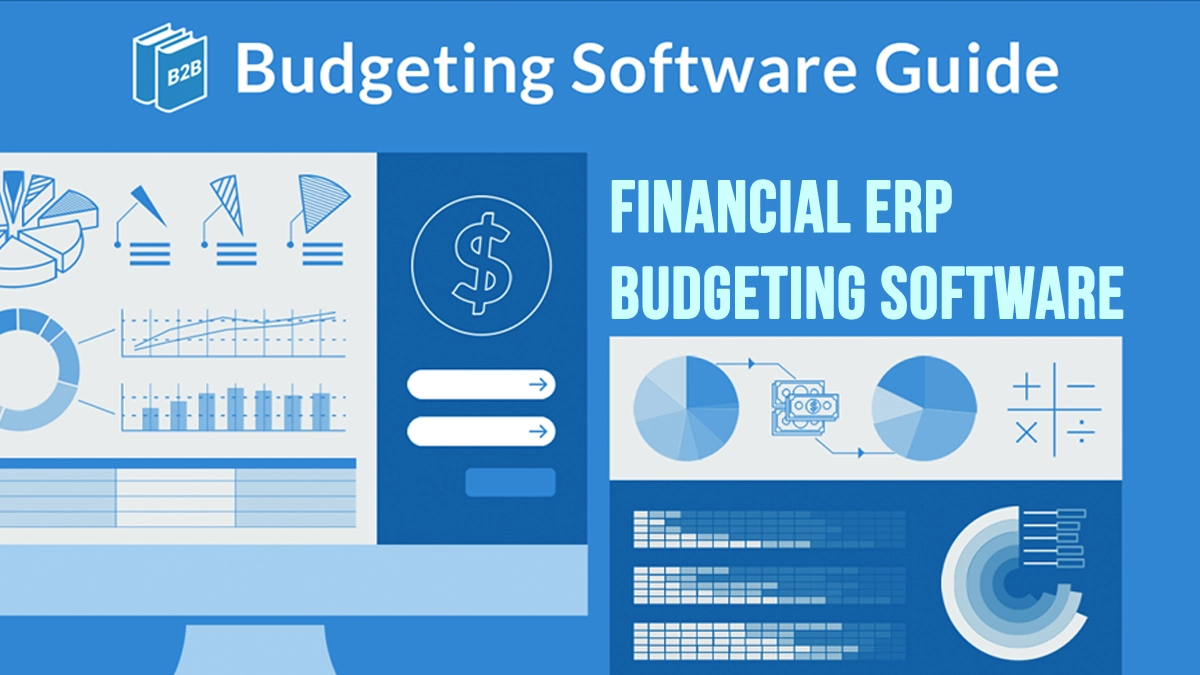HRIS for Midsize Businesses – In today’s fast-paced business environment, midsize companies face unique challenges when it comes to managing their human resources. One of the most effective solutions to streamline HR processes is implementing a Human Resource Information System (HRIS). This comprehensive guide will delve into everything you need to know about HRIS for midsize businesses, helping you understand its importance, benefits, and how to choose the right system for your needs.
What is an HRIS for Midsize Businesses?

A Human Resource Information System (HRIS) is a software solution that helps organizations manage their HR processes more efficiently. It integrates various HR functions like recruitment, payroll, performance management, and employee data management into a single system.
Key Features of an HRIS
- Employee Information Management: Centralized database for all employee-related information.
- Payroll Management: Automates salary calculations, tax deductions, and other payroll functions.
- Recruitment and Onboarding: Streamlines the hiring process from job postings to employee onboarding.
- Performance Management: Tracks and manages employee performance, appraisals, and feedback.
- Compliance Management: Ensures adherence to labor laws and company policies.
- Time and Attendance Tracking: Monitors employee work hours, leave, and attendance.
Why Midsize Businesses Need an HRIS
Midsize businesses often struggle with manual HR processes that are time-consuming and prone to errors. An HRIS can significantly alleviate these issues by providing a streamlined, automated solution that enhances efficiency and accuracy.
Enhanced Efficiency
With an HRIS, HR tasks that once took hours can be completed in minutes. Automation of repetitive tasks like payroll processing, leave management, and performance evaluations frees up valuable time for HR professionals to focus on strategic initiatives.
Improved Data Accuracy
Manual data entry is prone to errors, which can lead to costly mistakes. An HRIS ensures data consistency and accuracy by maintaining a centralized database for all HR information.
Compliance and Risk Management
HRIS for Midsize Businesses systems are designed to help businesses stay compliant with labor laws and regulations. They provide tools for tracking compliance, generating reports, and ensuring that all HR practices adhere to legal standards.
Benefits of Implementing an HRIS
Implementing an HRIS in a midsize business can yield numerous benefits, including:
Streamlined HR Processes
By automating HR processes, an HRIS reduces the administrative burden on HR staff, allowing them to focus on more strategic tasks.
Enhanced Employee Experience
An HRIS provides employees with easy access to their personal information, benefits, and performance data, leading to higher employee satisfaction and engagement.
Cost Savings
While the initial investment in an HRIS can be significant, the long-term cost savings from reduced administrative overhead and improved efficiency are substantial.
Data-Driven Decision Making
An HRIS for Midsize Businesses provides HR professionals with access to valuable data and analytics, enabling better decision-making and strategic planning.
Choosing the Right HRIS for Your Midsize Business
Selecting the right HRIS for your midsize business involves considering several key factors:
1. Identify Your Needs
Start by identifying the specific HR needs of your business. Do you need a system that excels in payroll management, or is performance tracking more critical?
2. Evaluate Different Systems
Research and compare different HRIS options. Look for systems that offer the features and functionalities that align with your business needs.
3. Consider User-Friendliness
An HRIS for Midsize Businesses should be easy to use for both HR professionals and employees. A user-friendly interface will ensure smooth adoption and utilization.
4. Scalability
Ensure that the HRIS you choose can scale with your business. As your company grows, your HR needs will evolve, and your system should be able to accommodate these changes.
5. Integration Capabilities
The HRIS should integrate seamlessly with other software systems used by your business, such as accounting and payroll systems.
6. Vendor Support and Training
Choose a vendor that offers robust support and training to help your team get the most out of the HRIS.
Top HRIS Solutions for Midsize Businesses
Here are some of the top HRIS for Midsize Businesses solutions that are well-suited for midsize businesses:
1. BambooHR
BambooHR is known for its user-friendly interface and comprehensive feature set, including employee self-service, time tracking, and performance management.
2. Workday
Workday offers a powerful HRIS with robust analytics and reporting capabilities, making it a great choice for data-driven decision making.
3. ADP Workforce Now
ADP Workforce Now is a scalable HRIS for Midsize Businesses solution that offers extensive payroll and benefits administration features, making it ideal for growing midsize businesses.
4. Zoho People
Zoho People provides a cost-effective HRIS solution with features like leave management, time tracking, and employee self-service.
5. UltiPro
UltiPro by Ultimate Software offers a comprehensive suite of HR tools, including payroll, talent management, and workforce analytics.
Implementing an HRIS: Best Practices

Implementing an HRIS can be a complex process, but following these best practices can help ensure a smooth transition:
1. Plan Thoroughly
Develop a detailed implementation plan that outlines the steps, timeline, and resources needed for the project.
2. Involve Key Stakeholders
Engage key stakeholders, including HR staff, IT professionals, and senior management, in the planning and implementation process.
3. Provide Training
Ensure that all users receive comprehensive training on how to use the HRIS effectively.
4. Monitor Progress
Regularly monitor the progress of the implementation and address any issues that arise promptly.
5. Evaluate and Optimize
After the HRIS is implemented, continuously evaluate its performance and make necessary adjustments to optimize its effectiveness.
Conclusion
Implementing an HRIS can revolutionize the way midsize businesses manage their HR functions. By automating processes, improving data accuracy, and providing valuable insights, an HRIS enables HR professionals to focus on strategic initiatives that drive business growth. When selecting an HRIS, it’s crucial to consider your business’s specific needs, evaluate different systems, and follow best practices for implementation. With the right HRIS in place, your midsize business can achieve greater efficiency, employee satisfaction, and overall success.
FAQs for HRIS for Midsize Businesses
What is the primary benefit of an HRIS for midsize businesses?
The primary benefit is enhanced efficiency in managing HR processes, leading to time and cost savings.
How does an HRIS improve data accuracy?
An HRIS maintains a centralized database for all HR information, reducing the risk of errors associated with manual data entry.
Can an HRIS help with compliance management?
Yes, an HRIS provides tools to track compliance with labor laws and regulations, ensuring adherence to legal standards.
What factors should be considered when choosing an HRIS?
Consider your business’s specific HR needs, system user-friendliness, scalability, integration capabilities, and vendor support.
Is training necessary for using an HRIS?
Yes, comprehensive training is essential to ensure all users can effectively utilize the HRIS for Midsize Businesses.



